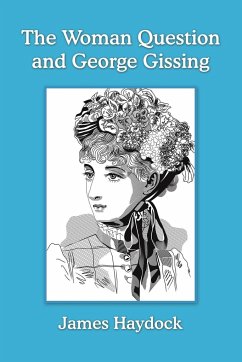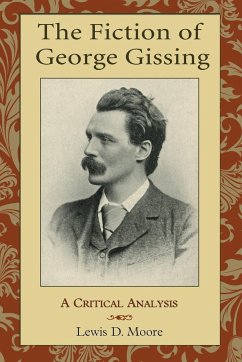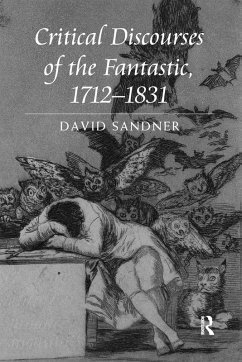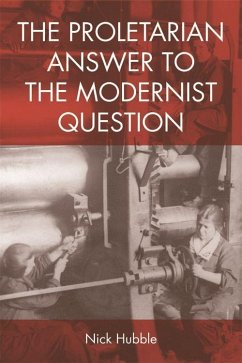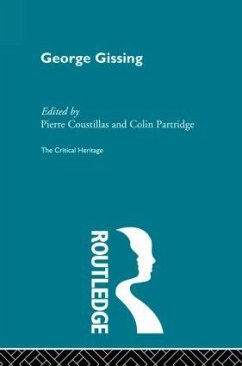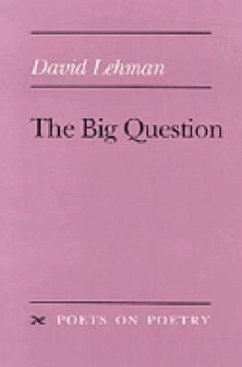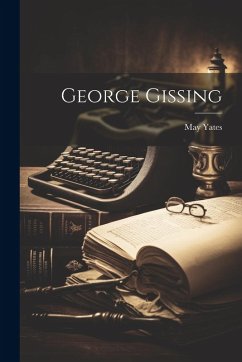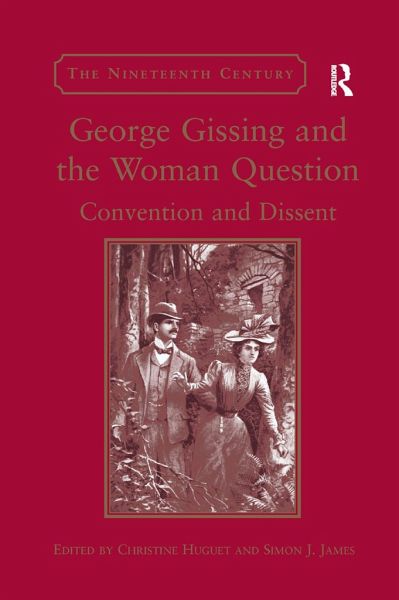
George Gissing and the Woman Question
Convention and Dissent
Herausgeber: James, Simon J
Versandkostenfrei!
Versandfertig in über 4 Wochen
53,99 €
inkl. MwSt.
Weitere Ausgaben:

PAYBACK Punkte
27 °P sammeln!
George Gissing and the Woman Question reads Gissing's novels, short stories and personal writings as a crux in European fiction's formulations of gender and sexuality. The contributors place Gissing alongside authors as diverse as Paul Bourget, Ella Hepworth Dixon, May Sinclair and Theodore Dreiser, theorizing the ways in which late-Victorian sexua





